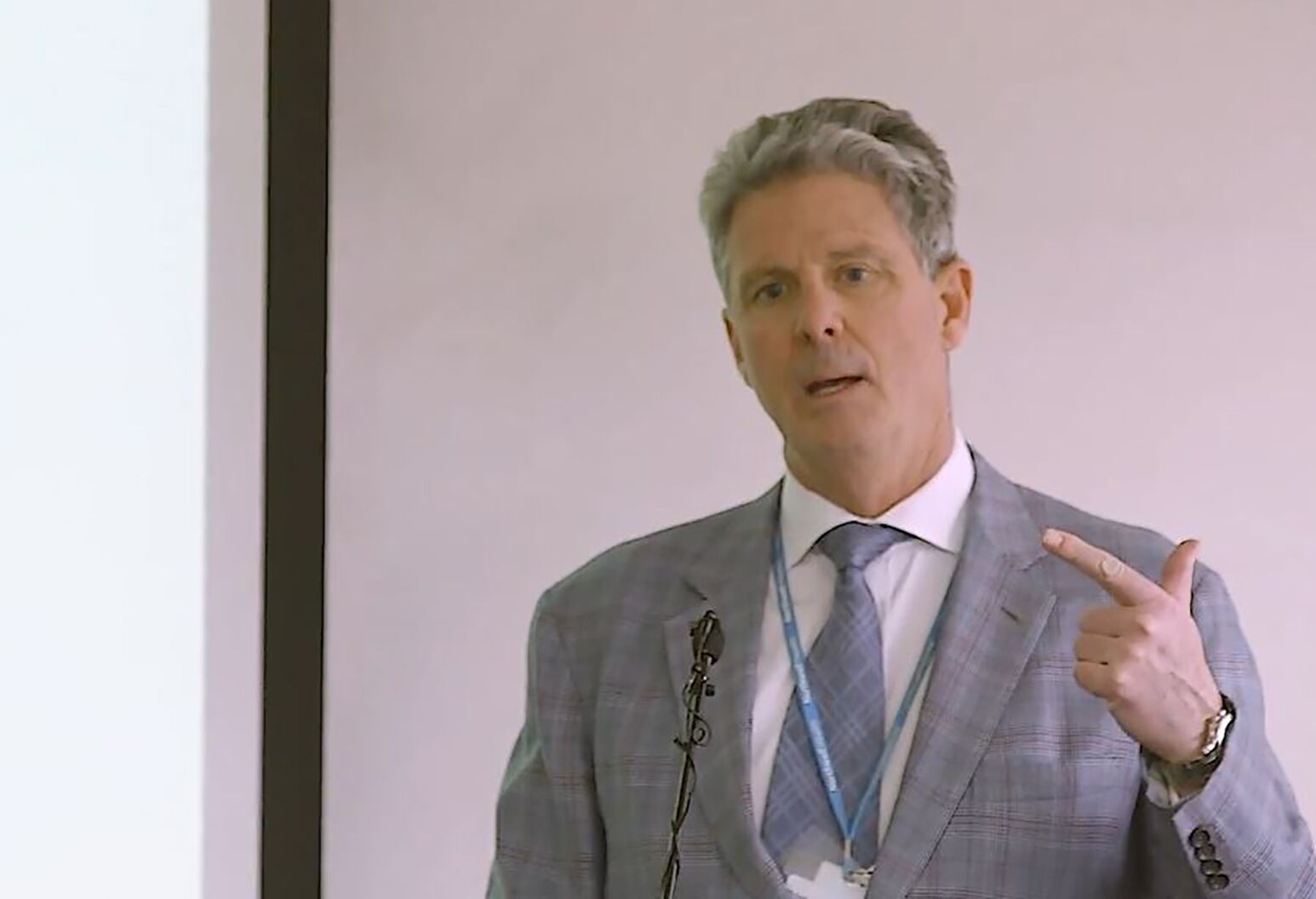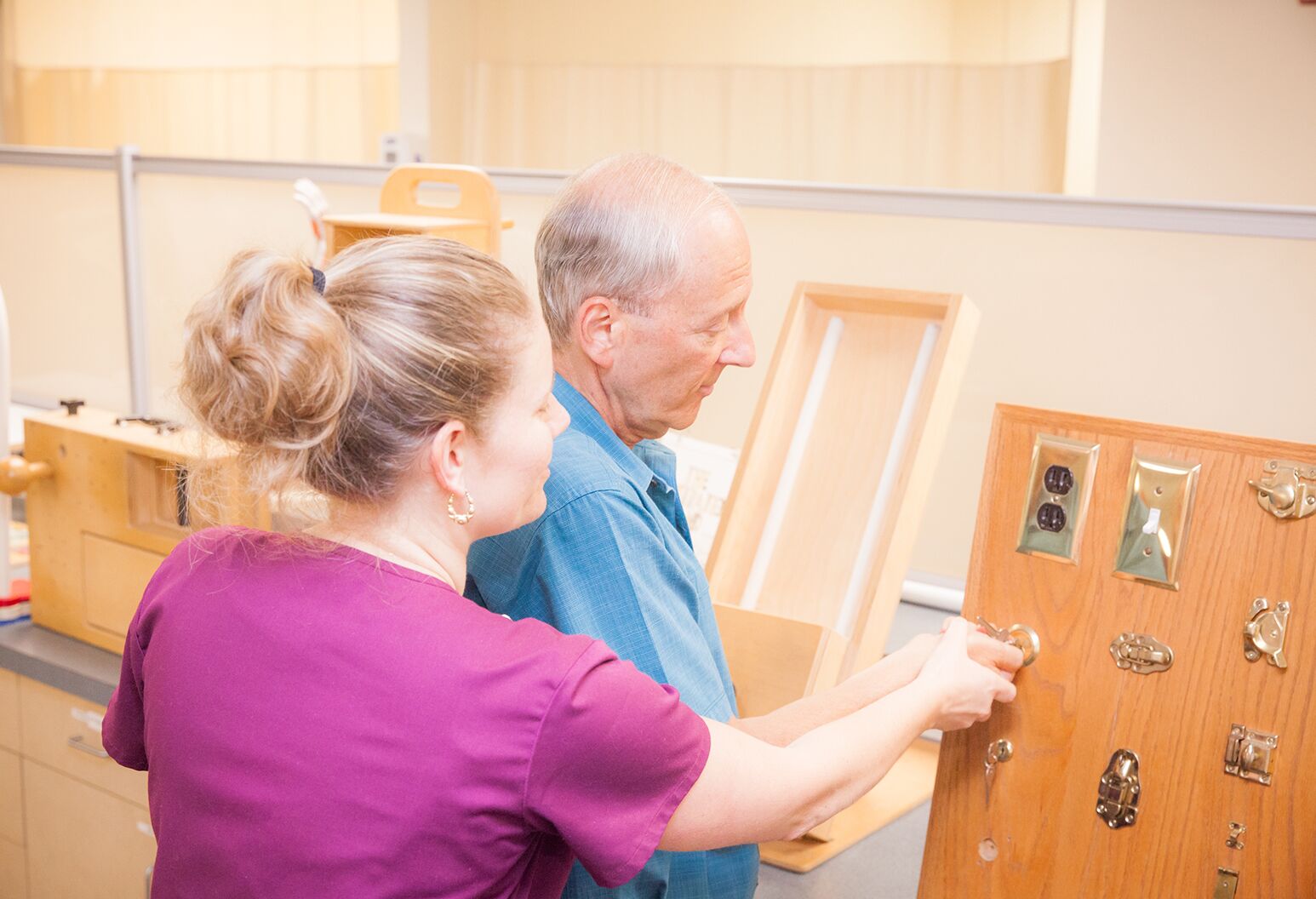Shoulder surgery
-
Orthopedic surgery & services -
Shoulder surgery
Your shoulder is the most flexible joint in your body. This flexibility gives you the wide range of motion you need to swim, play tennis, lift weights, hang curtains or garden. It also makes your shoulder easy to injure.
Steady shoulder pain or stiffness, weakness in your arm or limited mobility are all signs of shoulder injury. And most shoulder injuries, like rotator cuff or labral tears, frozen shoulder or tendonitis are cumulative, resulting from excessive, repetitive overhead motions. It’s tempting to ignore or play through these problems but that only makes them worse.
Consult a shoulder surgeon if you have experienced a shoulder injury, if your shoulder has been hurting for three months or longer, or if you’ve had shoulder surgery and are still in pain. If it hurts to reach overhead or carry heavy objects, or if your shoulder feels unstable, ask your doctor if you’re a candidate for surgery.
Our shoulder specialists are here for you. We diagnose and treat the full spectrum of shoulder conditions, whether they stem from trauma or overuse.
Our approach to rotator cuff surgery
A common shoulder injury is a rotator cuff tear. A torn rotator cuff will weaken your shoulder, making it too painful to do many daily activities, like combing your hair or getting dressed. Progressive in nature, small rotator cuff tears tend to grow in size and severity over time, eventually requiring surgery. Even untreated rotator cuff tendinosis, the degeneration of a rotator cuff tendon, can lead to a partial or full tear.
The shoulder experts at Phelps have revolutionized rotator cuff surgery with two cutting-edge procedures that are safe and reduce recovery time. One procedure involves the insertion of an all-natural implant made from highly purified bovine Achilles tendon. This bioinductive implant stimulates your body’s healing process and promotes the formation of new tendon-like tissue that reduces the strain at the site of your original tear, protecting you against further injury. Because this implant is natural, your body easily and safely absorbs it without the possibility of inflammation or other complications, shortening your recovery time so you can get back to swimming, playing tennis and doing the other things you love.
Our surgeons can help you even if you have an irreparably torn rotator cuff. Using a state-of-the-art, minimally invasive technique known as superior capsular reconstruction, they will use a graft of your skin to stabilize your shoulder, increase its function and strength, and reduce your pain. The procedure is completely arthroscopic, which speeds up healing and prevents surgical complications.
Surgical procedures
Shoulder arthroscopy
This is a minimally invasive surgery that allows your surgeon to resolve a variety of conditions by entering the shoulder joint through small incisions. Your doctor can use very thin tools to repair tears, remove bone spurs or loose cartilage, or treat a dislocation.
Total shoulder replacement
Sometimes, with conditions such as arthritis and severe fractures, more conservative treatments fail to resolve the issue and a shoulder replacement is the best option for a full recovery. During this surgery, a new ball-and-socket joint replaces the damaged shoulder joint. A new metal stem and ball joint replaces the top of the humerus, or upper arm, and a plastic socket is used to cover the old socket for smooth movement.
Reverse total shoulder replacement
This procedure is used most often with patients who suffer from rotator cuff arthropathy, or arthritis caused by a large, irreparable rotator cuff tear. The new ball and socket are reversed, so the new metal ball is attached to the old socket, and the new socket is attached to the top of the humerus.
We assess all postoperative and medical needs. Each patient receives a custom-designed, comprehensive rehabilitative care plan that will optimize independence and quality of life.
Our team of pain management experts can treat discomfort or pain caused by a wide range of conditions.
Recover in comfort
Your recovery process will largely depend on what type of condition you have been diagnosed with, and what kind of surgery you have undergone. Often, you will have occupational and physical therapists helping you to adapt your activities and movements to accommodate your healing shoulder. You may be required to wear a sling for several weeks. The majority of our patients who have received total shoulder replacements have recovered fully and returned to their daily routines free of pain.



